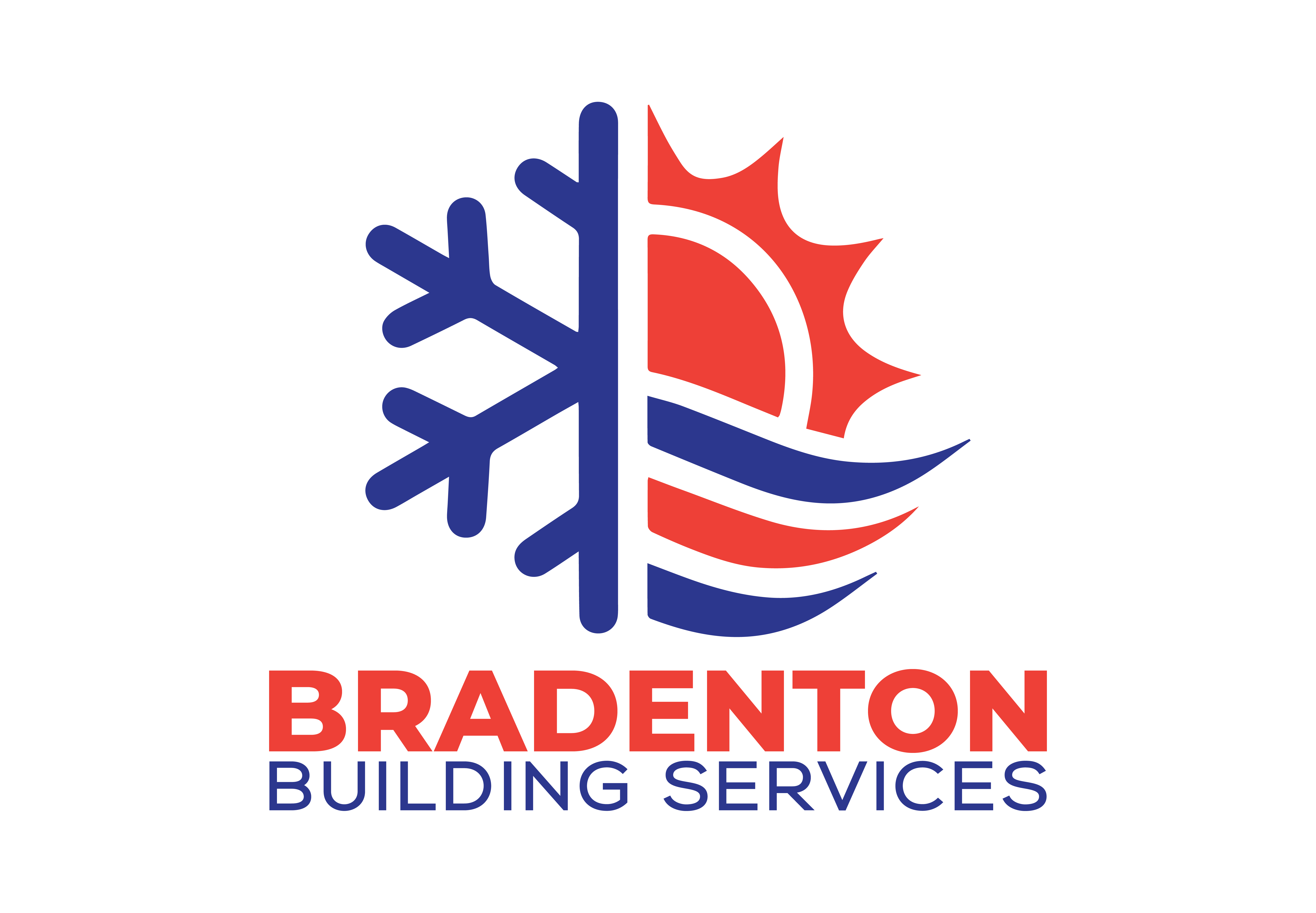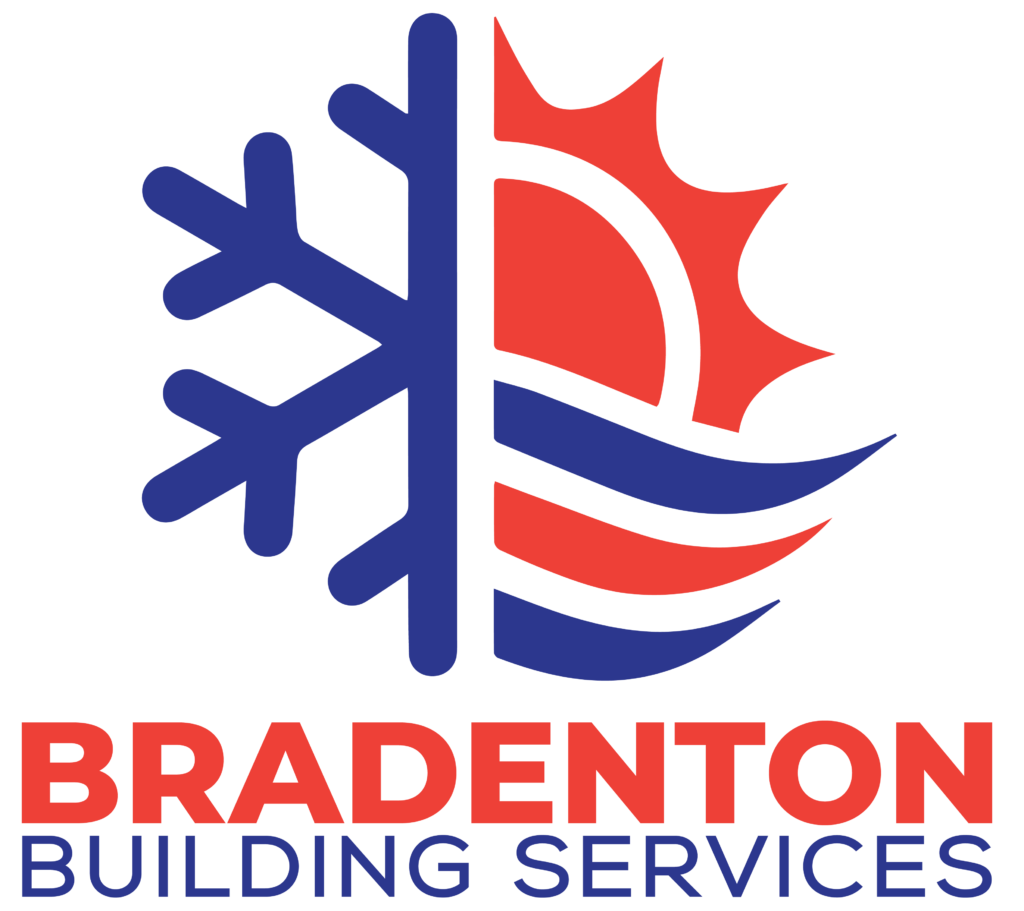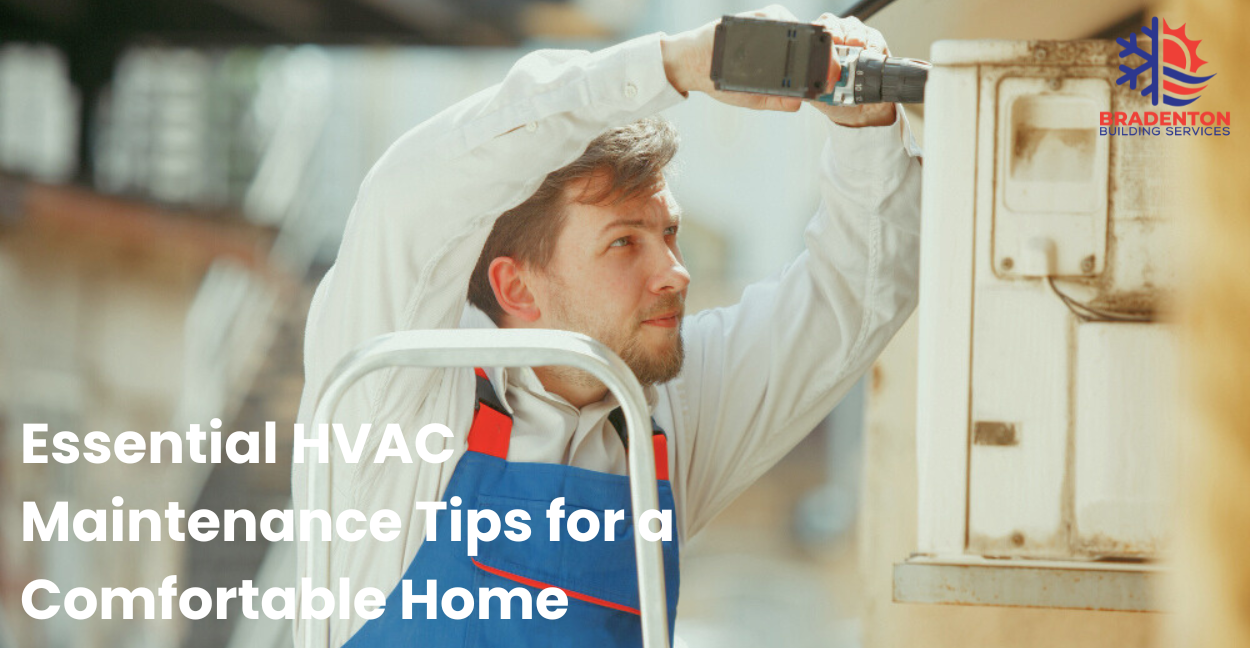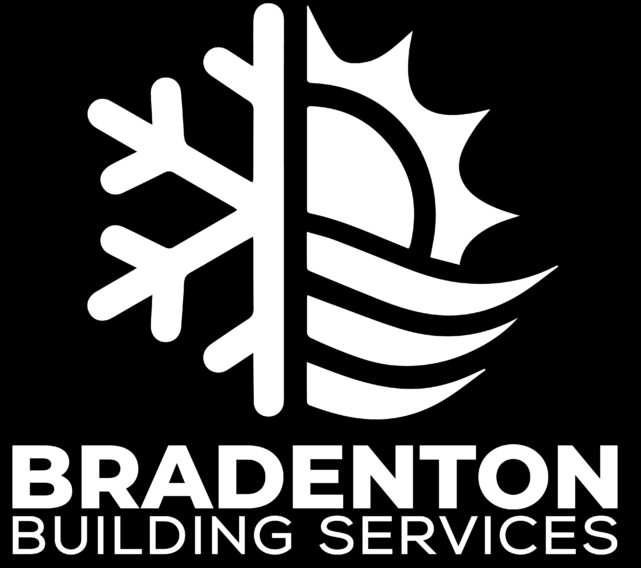When it comes to home comfort, your HVAC (Heating, Ventilation, and Air Conditioning) system plays a vital role. Yet, many homeowners overlook the importance of regular HVAC maintenance. Just like a car needs oil changes to run smoothly, your HVAC system requires regular upkeep to operate efficiently and prolong its lifespan. So, why is HVAC maintenance so crucial? Let’s dive into the nitty-gritty of keeping your system in tip-top shape and explore essential HVAC maintenance tips that every homeowner should know!
Why HVAC Maintenance Matters for You.
Regular HVAC maintenance is crucial for keeping your system running efficiently and cost-effectively. It helps prevent small issues from escalating into major problems that can lead to costly repairs or replacements. A well-maintained HVAC system also improves indoor air quality and ensures consistent comfort for employees and customers. By investing in regular maintenance, you can extend the lifespan of your system, reduce energy bills, and avoid unexpected breakdowns, all of which contribute to a smoother operation for your business.
10 Essential HVAC Maintenance Tips
1.) Change Air Filters Regularly
Air filters play a crucial role in maintaining the efficiency of your HVAC system. They trap dust, dirt, and allergens, preventing them from circulating in your home. Over time, filters can become clogged, restricting airflow and forcing your system to work harder. It’s advisable to check your filters monthly and replace them every 1-3 months, or more frequently if you have pets or allergies. A clean filter not only improves air quality but also helps reduce energy costs.
2.) Schedule Regular Professional Maintenance
Having a professional HVAC technician inspect your system at least once a year is essential for optimal performance. During these inspections, the technician can identify potential problems before they become serious issues, clean components, check refrigerant levels, and ensure that the system is operating efficiently. This proactive approach can extend the lifespan of your HVAC system and improve energy efficiency.
3.) Keep Outdoor Units Clear of Debris
Your outdoor HVAC unit, whether it’s an air conditioner or heat pump, should have clear airflow for optimal operation. Regularly check the area around the unit and remove leaves, dirt, and debris that may obstruct airflow. It’s also a good idea to trim any overhanging branches or bushes that might hinder airflow. Maintaining a clear space ensures your unit can operate efficiently and effectively.
4.) Clean Condenser Coils
Condenser coils are located in the outdoor unit and are responsible for releasing heat from your home. Dirt and grime can build up on these coils, reducing their efficiency. Cleaning the coils annually is crucial for maintaining good airflow and preventing overheating. You can use a soft brush or a garden hose to gently clean the coils. Be sure to turn off the power before cleaning to ensure safety.
5.) Check and Seal Ductwork
Leaky ductwork can significantly impact the efficiency of your HVAC system. Sealing gaps and leaks in your ductwork helps ensure that heated or cooled air reaches the intended areas of your home. Inspect your ductwork for visible gaps, and consider using mastic sealant or metal tape to seal them. This simple task can improve your system’s efficiency and reduce energy costs.
6.) Test and Calibrate Thermostat Settings
Your thermostat is the brain of your HVAC system, controlling when to heat or cool your home. To ensure accuracy, test your thermostat settings regularly. If you notice any discrepancies in the temperature readings, consider recalibrating or replacing it. Upgrading to a programmable or smart thermostat can also help you manage your HVAC system more efficiently by adjusting temperatures based on your schedule.
7.) Inspect Electrical Components
Electrical components, such as wiring and connections, can wear down over time. Regularly inspecting these components for signs of wear or corrosion can prevent unexpected breakdowns. If you notice any frayed wires, burnt connections, or unusual sounds coming from the unit, it’s crucial to call a professional for repairs. This maintenance step ensures the safety and reliability of your HVAC system.
8.) Clean and Maintain Humidifiers and Dehumidifiers
If your HVAC system includes humidifiers or dehumidifiers, regular maintenance is vital. These devices help regulate indoor humidity levels, contributing to overall comfort and health. Clean the tanks and replace any filters as recommended by the manufacturer. Keeping these systems clean and functional can prevent mold growth and improve indoor air quality.
9.) Monitor System Performance
Keep an eye on your HVAC system’s performance throughout the year. If you notice any unusual sounds, smells, or fluctuations in temperature, it may indicate a problem. Regularly monitoring your system allows you to catch issues early and address them before they escalate. Pay attention to changes in energy bills as well; unexpected increases may signal inefficiencies.
10.) Educate Yourself on HVAC Basics
Understanding the basics of how your HVAC system works can empower you to take better care of it. Familiarize yourself with the key components, how they operate, and common signs of trouble. Resources such as user manuals, online guides, and maintenance videos can enhance your knowledge. The more you know about your system, the more proactive you can be in maintaining it.
At Bradenton Building Services, we specialize in tailored HVAC services that enhance efficiency and comfort. Contact us today to learn how our maintenance plans can benefit your business!
Consequences of Delaying HVAC Maintenance
Delaying HVAC maintenance can lead to several serious issues that affect both your system’s efficiency and your overall comfort. Here are some key consequences of neglecting regular maintenance:
Increased Energy Bills
Neglecting HVAC maintenance can lead to significantly higher energy bills due to decreased efficiency. Accumulated dirt and debris on components like filters and coils restrict airflow, forcing the system to work harder to maintain temperature. This increased workload results in greater energy consumption. Additionally, worn parts, malfunctioning thermostats, and refrigerant issues further contribute to inefficiency, causing the system to run longer than necessary. Frequent cycling and blocked airflow also waste energy, driving up costs. Regular maintenance ensures optimal performance, helping to keep energy bills manageable while prolonging the lifespan of your HVAC system.
Frequent Breakdowns
Neglecting HVAC maintenance often leads to frequent breakdowns of the system. When routine checks and repairs are overlooked, minor issues can escalate into major problems, causing the unit to fail unexpectedly. Components such as filters, belts, and motors can wear out or become clogged, making the system less reliable. Additionally, a lack of regular inspections means that potential issues, like refrigerant leaks or electrical faults, may go undetected. These frequent breakdowns not only disrupt comfort but also result in costly repairs and inconvenient downtime, highlighting the importance of consistent HVAC maintenance to ensure reliable operation.
Poor Indoor Air Quality
Poor indoor air quality often arises from neglected HVAC maintenance, leading to various health and comfort issues. When filters and ductwork are not regularly cleaned or replaced, dust, allergens, and pollutants accumulate and circulate throughout the indoor environment. This can trigger respiratory problems, allergies, and other health concerns for occupants. Additionally, moisture buildup in the system can promote mold growth, releasing spores into the air and worsening air quality. Without proper ventilation and maintenance, volatile organic compounds (VOCs) and unpleasant odors can also accumulate, creating an unhealthy living or working environment. Regular HVAC maintenance is essential for ensuring clean, fresh air indoors.
Uncomfortable Temperature Fluctuations
Uncomfortable temperature fluctuations often result from neglected HVAC maintenance. When the system is not regularly serviced, it can struggle to maintain a consistent temperature throughout the space. Issues such as dirty filters, blocked vents, and malfunctioning thermostats can disrupt the system’s ability to effectively heat or cool areas. Additionally, worn components may cause the HVAC unit to cycle on and off frequently, leading to uneven heating or cooling. These fluctuations can create discomfort for occupants, affecting productivity and satisfaction. Regular maintenance helps ensure that the HVAC system operates efficiently, providing a stable and comfortable indoor environment.
Higher Repair Costs
Neglecting HVAC maintenance can lead to higher repair costs due to several factors. First, minor issues can escalate into major problems when not addressed promptly, resulting in expensive repairs or even system replacements. Additionally, components that are not regularly serviced may wear out more quickly, requiring costly replacements. Frequent breakdowns can necessitate emergency repairs, which often come with premium charges. Furthermore, inefficient systems work harder and can break down, leading to increased repair needs. Lastly, failing to perform regular maintenance may void warranties, leaving you responsible for all repair costs. Overall, regular HVAC maintenance helps prevent these escalating expenses.
At Bradenton Building, we understand that proper HVAC maintenance is crucial for ensuring your system runs smoothly and efficiently. Our team of experienced professionals is here to help you with all your commercial HVAC needs in Manatee and Sarasota. Whether you require routine maintenance, emergency repairs, or a complete system installation, we’ve got you covered! Don’t wait until issues arise—reach out to us today and let us help you create a comfortable and efficient environment for your business.
FAQs
1.) What is HVAC used to maintain?
HVAC, which stands for Heating, Ventilation, and Air Conditioning, is used to maintain key indoor environmental conditions. It regulates temperature to ensure comfort by providing heating in cold weather and cooling during hot periods. Additionally, HVAC systems control humidity levels to prevent mold growth and enhance indoor air quality by filtering out dust, allergens, and pollutants. They also ensure proper ventilation by circulating fresh outdoor air, contributing to a healthier environment. Overall, HVAC systems are essential for creating comfortable, safe, and energy-efficient indoor spaces.
2.) Why is Regular HVAC Maintenance Important?
Regular HVAC maintenance is essential for the efficient and reliable operation of your heating and cooling system. It enhances energy efficiency, leading to lower utility bills and prolongs the equipment’s lifespan by preventing minor issues from escalating into major problems. Additionally, routine maintenance improves indoor air quality by reducing dust and allergens, while minimizing the risk of unexpected breakdowns. Overall, regular upkeep ensures consistent comfort, promotes safety, and can lead to significant cost savings over time.
3.) How often should I schedule HVAC maintenance?
It is generally recommended to schedule HVAC maintenance at least once a year for optimal performance. Ideally, you should have your heating system serviced in the fall before the winter season and your cooling system checked in the spring before summer. This biannual approach helps ensure that both components are functioning efficiently when you need them most. Regular maintenance allows technicians to identify and address potential issues early, preventing costly repairs and ensuring your system operates reliably throughout the year.
4.) What are the common maintenance tasks for HVAC systems?
5.) What should I look for in an HVAC maintenance service?
When selecting an HVAC maintenance service, it’s important to consider several key factors. Look for licensed and insured technicians to ensure they are qualified to work on your system. Check customer reviews and testimonials for insight into their reputation and reliability. A detailed maintenance checklist should be part of their service, indicating the tasks they will perform during inspections. Additionally, transparent pricing without hidden fees is crucial for budgeting. Finally, choose a provider that offers regular maintenance plans tailored to your specific needs, ensuring your HVAC system remains efficient and well-maintained throughout the year.




